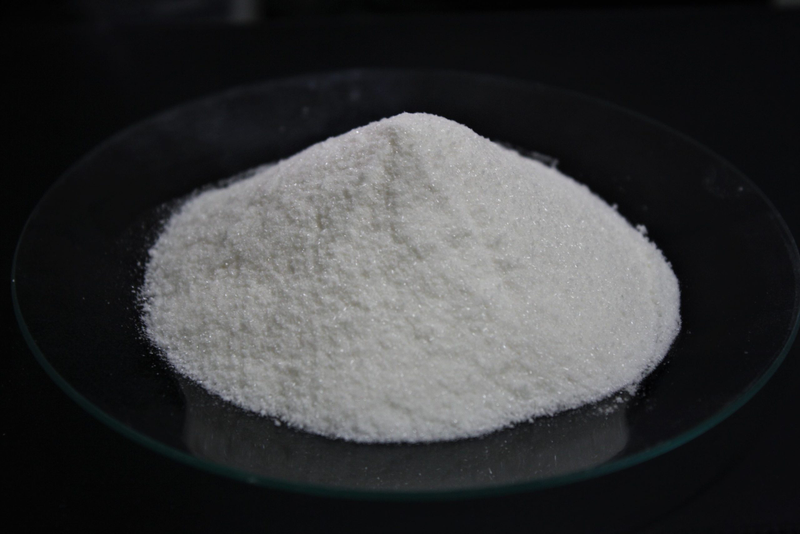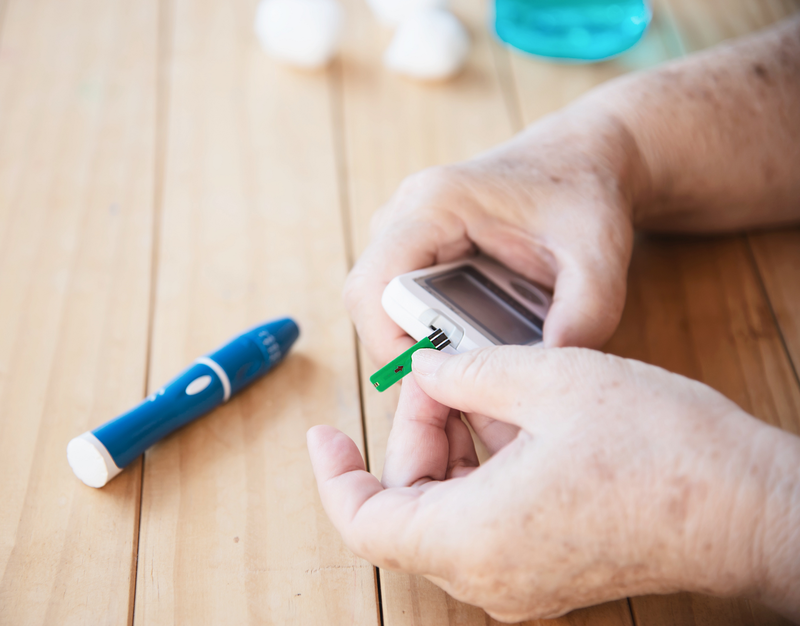What is anhydrous glucose? This article provides detailed information about anhydrous glucose, including its definition, properties, biological role and applications in medicine and life.
What is anhydrous glucose? This is a common term in the fields of medicine, nutrition and chemistry. Glucose, a simple sugar, plays an important role in providing energy to the body. So what does “anhydrous” in anhydrous glucose mean? This article will answer in detail about anhydrous glucose, its properties, uses and its role in human health.
What is anhydrous glucose?
What is anhydrous glucose? First of all, we need to understand what glucose is. Glucose, also known as dextrose, is a simple sugar (monosaccharide) and an important carbohydrate in biology. It is an aldohexose, which means it is a monosaccharide with six carbon atoms and an aldehyde group. The most common form of Glucose in nature is D-Glucose, also known as dextrose.
So, what does “anhydrous” in Glucose Anhydrous mean? In chemistry, “anhydrous” refers to a substance that does not contain water. Therefore, Glucose Anhydrous is the pure form of D-Glucose, which does not contain water. This is different from Glucose monohydrate, which is the form of Glucose that contains one water molecule in its crystal structure. Glucose Anhydrous is often used in medical and industrial applications where the presence of water may cause stability problems or unwanted chemical reactions.
Glucose Anhydrous is a white, odorless, sweet-tasting crystalline solid. It is easily soluble in water and has a higher melting point than Glucose monohydrate. Because it does not contain water, Glucose Anhydrous is of higher purity and is more stable under normal storage conditions. However, anhydrous Glucose can absorb moisture from the environment, so it should be stored in a sealed package, avoiding contact with humid air.

What is anhydrous glucose?
The Role of Anhydrous Glucose in the Body
Glucose, whether in anhydrous or monohydrate form, plays an important role in the human body. It is the main source of energy for cells, especially brain cells. The brain uses Glucose as the sole fuel source to function. When blood glucose levels drop too low (hypoglycemia), the brain will not have enough energy to function normally, causing symptoms such as dizziness, headache, fatigue, tremors, and even coma.
In addition, Glucose also participates in many other important metabolic processes in the body, including:
- Cellular respiration: Glucose is broken down during cellular respiration to produce energy (in the form of ATP) for the body’s vital activities.
- Glycogen synthesis: Excess Glucose will be converted into glycogen by the liver and muscles for storage. When the body needs energy, glycogen is broken down back into glucose for use.
- Lipid and protein metabolism: Glucose can be converted into lipids (fats) for long-term energy storage or to participate in protein synthesis.
Blood glucose levels (the amount of glucose in the blood) are tightly regulated by hormones, primarily insulin and glucagon. Insulin lowers blood glucose by moving glucose from the blood into cells, while glucagon increases blood glucose by stimulating the liver to break down glycogen into glucose. Imbalances in blood glucose regulation can lead to diseases such as diabetes, a chronic disease characterized by high blood sugar levels.

Glucose provides energy for the body’s activities.
Glucose Measurement Methods
Monitoring blood glucose levels plays a key role in health management, especially for people who are facing diabetes or are at risk of glucose metabolism disorders. Currently, medicine provides a variety of methods for measuring glucose levels, allowing for effective monitoring and control of this index.
- Capillary blood test.
- Venous blood test.
- Oral glucose tolerance therapy.
- HbA1c index.
- CGM methods.
Clinical significance of glucose control
The stability of blood sugar (glucose) levels is a key factor in maintaining health and ensuring the efficient functioning of the body. In the process of regulating blood sugar levels, insulin – a hormone secreted by the pancreas – plays an extremely important role. Insulin helps transport glucose from the blood into cells, providing the necessary energy and supporting essential physiological functions of the body.
Normal glucose levels:
- Before eating: 90-130 mg/dL.
- About 1-2 hours after a meal, the ideal blood glucose concentration should be maintained below 180 mg/dL.
Chronic hyperglycemia, which is a condition in which blood sugar levels remain high for a long time, causes significant damage to organs and tissues in the body. As a result, the patient faces many dangerous complications, negatively affecting the quality of life, and can even be life-threatening.
- Insulin resistance or insulin deficiency (as in diabetes).
- Eating too many carbohydrates.
- Stress.
- Lack of physical activity.
- Use of certain medications.
- Other diseases.
If blood sugar levels remain high for a long time, organs and tissues in the body will be seriously affected, such as cardiovascular disease, kidney disease, eye disease, nerve disease, etc.
In contrast to hyperglycemia, hypoglycemia occurs when blood glucose levels fall below normal. This condition can occur due to many causes, including:
- Using too much insulin or hypoglycemic drugs.
- Skipping meals or not eating enough.
- Exercising too much.
- Drinking alcohol on an empty stomach.
- Some other diseases.
Hypoglycemia can cause symptoms such as shaking, sweating, hunger, dizziness, confusion, and even coma.

Controlling blood sugar helps keep your health stable
So, what is anhydrous glucose? In short, anhydrous glucose is an essential carbohydrate that plays a key role in the body’s energy metabolism. To ensure the health and smooth functioning of the body’s organs, maintaining blood glucose levels within a stable range is extremely important. When you notice any unusual signs related to blood glucose, such as fatigue, thirst, frequent urination, unexplained weight loss, etc., you should proactively see a specialist.





